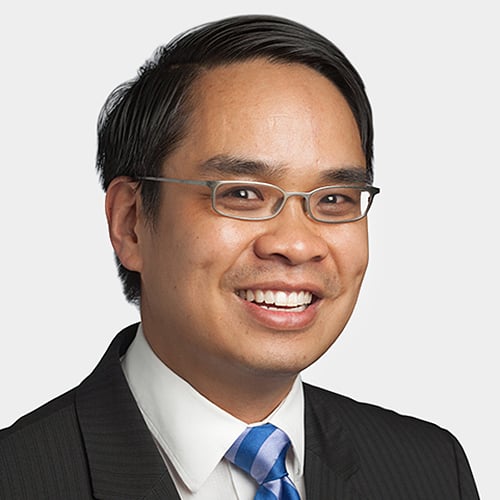Millennials in Singapore and Hong Kong are more likely than their older counterparts to put environmental, social and governance (ESG) factors into their investment thinking, a new study finds.
Over two-thirds (70%) of those aged between 25 and 39 years say ESG is a priority for them, up by 6 percentage points compared with 2021, with 68% actively reviewing sustainability reports and credentials before making an investment, according to the report by Saint James’s Place, Money Relationship Monitor 2022 – Wealth Through the Generations.
This is significant considering that 28% of millennials and Gen-Zers in Asia-Pacific are looking to inherit more than US$15 trillion via intergenerational wealth transfer over the next decade.
Despite their greater inclination towards ESG, 61% of millennials incorrectly believe that returns must be sacrificed in order to invest responsibly, compared with 58% of those from older generations.
The sustainability issues of greatest importance to eight out of 10 millennials include climate change (14%), health and wellbeing (13%), education (11%), decent work and economic growth, and poverty (both at 9%), gender equality (8%), affordable and clean energy (7%), clean water and sanitation (6%).
Prepared to divest
The study finds that investors of all ages are willing to act on their concerns, with 49% of millennials saying they are prepared to divest from a company that is not operating sustainably, and 61% would do the same for a company contributing negatively to climate change.
Commenting on the findings, Angelina Lai, SJP Hong Kong’s chief investment officer, says: “It is positive to see millennials as a generation taking such an active lead in responsible investing. As they increasingly look to align their investments with what they believe in, financial advisers need to help them cut through the noise and incorporate the ESG principles they value most into their portfolios, while demonstrating that returns don’t have to be compromised in order to invest responsibly.”
The study also finds that most millennials in Singapore and Hong Kong value trust when they look for financial advice, with family being the leading source of such information (63%). Hong Kong millennials also seek financial advice from bank managers and staff (40%) and professional financial advisers (30%), while those in Singapore rely on professional financial advisers (35%) and friends (34%).
Across the board, the importance of quality and independent financial advice is valued, with millennials in Singapore and Hong Kong (79%) seeking professional advice before making any major financial decisions. For long-term investment planning, most prefer to visit a professional financial adviser (46%), compared with 31% for banks and 19% for robo-adviser platforms.
The topics in highest need for financial advice and knowledge are investments (88%), property and mortgage (74%) and insurance (74%).
No financial plan
According to the report, 54% of millennial investors currently engage a financial adviser to manage investments on their behalf, compared with 52% among those in the older generations. About 92% indicate that the financial advice they receive is useful.
The study reveals that 54% of millennials have no financial plan at all and that only one-third (33%) of those with a plan in place, have included the costs of inflation over the years. Millennials with no financial plan say they are making lifestyle sacrifices to secure a better retirement (75%), which is significantly higher compared with 56% for those who do have a financial plan in place.
Moreover, 73% of millennials in Singapore and Hong Kong lack knowledge or understanding about effective inter-generational wealth transfer. The report also shows that 74% do not understand the tax implications of the wealth transfer, compared with 63% and 65% across other age categories.
As a result, over half (62%) of millennials say that wealth and succession planning causes stress in their life, compared with 55% of investors over the age of 40. They are also more likely (57%) to feel that wealth and succession planning is a source of family disharmony compared to 50% in the older generations.
The study also finds that more millennials in Singapore are planning to donate part of their wealth to a philanthropic entity or cause, with 48% indicating this compared with 40% of those older. Interestingly, fewer millennials (27%) in Hong Kong are willing to do the same, compared with (37%) in the over 40 generations.
The report was based on a total of 2,780 interviews conducted online in February and March 2022 in Hong Kong (1,360) and Singapore (1,420). Only respondents between the ages of 25-64 and which held personal investments in equities, property, funds, and fixed income investments were interviewed.









